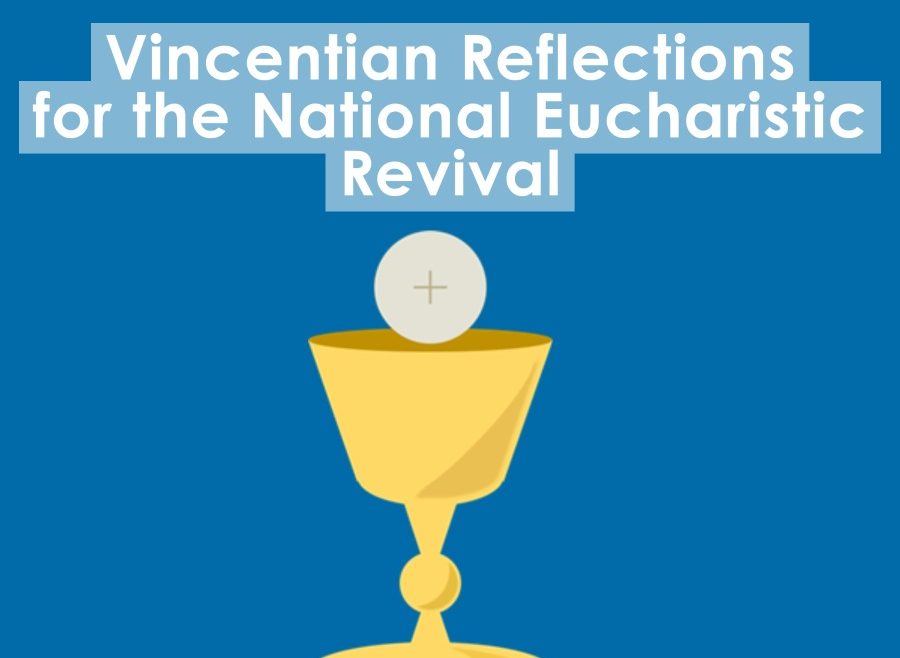Q: What is the difference between Society twinning and co-pays?
A: In Part III of the Rule, Statute 26 (Use of Funds) it states: The funds of the Society shall be used for the works of the Society, including Vincentian twinning and collaboration in payments for people we serve. When funds are given from a Conference or Council to another Conference or Council to be used as the receiver finds appropriate, this is called twinning. The distribution should be recorded as twinning. When funds are sent to another Conference as collaboration in payments for people we serve, then this is called a co-pay. When the intention for the negotiated distribution was to help a specific person or family, the co-pay should be recorded as aid to people we serve, and a case record should be established for this transaction.
Q: May we pay medical co-payments for our neighbors in need?
A: Yes, one-time medical co-pays is allowed. However, for ongoing medical co-pay requests there must be a strong consideration of the Conference with all members in agreement to avoid long-term commitments.
Spanish Translation
P: ¿Cuál es la diferencia entre el hermanamiento de Sociedad y los copagos?
R: En la Parte III de la Regla, el Estatuto 26 (Uso de Fondos) establece: Los fondos de la Sociedad se utilizarán para las obras de la Sociedad, incluyendo el hermanamiento Vicentino y la colaboración en los pagos de las personas a las que servimos. Cuando se entregan fondos de una Conferencia o Consejo a otra conferencia o Consejo para que se utilicen según lo considere apropiado el beneficiario, esto se denomina hermanamiento. La distribución debe registrarse como hermanamiento. Cuando los fondos se envían a otra Conferencia como colaboración en los pagos de las personas a las que servimos, esto se denomina copago. Cuando la intención de distribución negociada fue ayudar a una persona o familia especifica, el copago debe registrarse como ayuda a las personas a las que servimos, y debe establecerse un registro de caso para esta transacción.
P: ¿Podemos pagar copagos médicos para nuestros amigos en necesidad?
R: Si, se permiten copagos médicos únicos. Sin embargo, para solicitudes de copagos médicos continuos debe haber una fuerte consideración de la Conferencia con todos los miembros de acuerdo para evitar compromisos a largo plazo.



